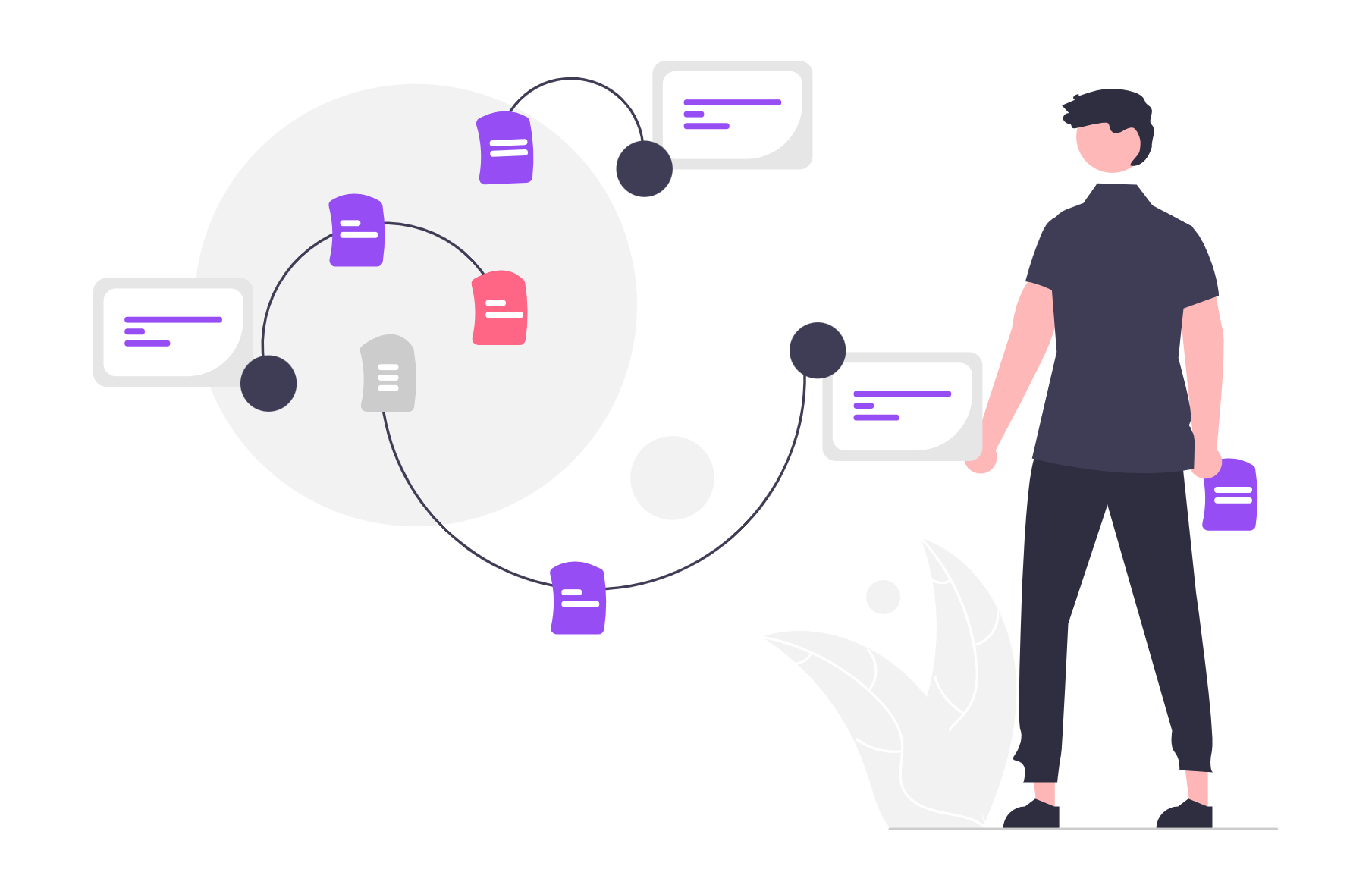Is the EOS® methodology a proven process? Absolutely. There’s a reason it’s popular. But many founders sign up for it without fully understanding what that process is actually designed to achieve.
Here’s the thing: EOS is not built to be your growth strategy. It is a world-class system for optimizing your company's operations. And that distinction is critical.
What is the EOS proven process really for?
The core strength of the Entrepreneurial Operating System® (EOS) lies in its ability to bring discipline and alignment to how your business runs. It's about getting everyone on the same page, executing consistently, and building a predictable operational rhythm.
Think of it like this: EOS aims to make your business a well-oiled machine. It excels at:
- Clarifying roles and accountabilities.
- Establishing a consistent meeting cadence (the Level 10 Meeting™).
- Setting quarterly priorities (Rocks).
- Tracking key metrics (the Scorecard).
- Solving issues in a structured way.
This focus on operational excellence is why the methodology is, by design, quite rigid and prescriptive. It’s meant to be implemented "by the book."
.png)
The built-in rigidity: a feature, not a bug (for operations)
EOS Implementers® are often EOS purists. They believe deeply in the system and its power to transform how a company operates. This isn't a flaw; it's a feature if your goal is purely operational streamlining.
The system prioritizes fidelity—sticking to the EOS model precisely—above almost all else. Why? Because that’s how you standardize operations and create strong internal alignment. Everyone learns the same language, follows the same processes, and rows in the same direction. When your biggest challenge is getting your team to execute efficiently on a known, stable business model, this kind of system can be incredibly effective.

The mismatch: when your biggest challenge is growth, not operations
The problem arises when a founder's primary challenge isn't purely operational, but strategic. Specifically, when you're trying to figure out how to grow profitably, not just how to run your current operations more smoothly.
For bootstrapped brands, especially those trying to find new growth levers or adapt to a changing market, this "one-size-fits-all" operational approach can be a fundamental mismatch. Optimizing the operations of a company that lacks a clear, validated path to growth doesn't create progress; it just makes you more efficient at running in place.
You might get very good at executing tasks, but if those tasks aren't tied to a sound growth strategy, you're just spinning your wheels with greater precision.
Forcing your business into standardized boxes
The EOS methodology, with its defined tools like the Vision/Traction Organizer™ (V/TO™) and strict 90-day cadence, essentially asks you to fit your unique business challenges into its pre-set boxes. It demands that you adapt your business to its process, rather than adapting its tools to your business.
While the V/TO™ does touch on vision, it's a relatively light component compared to the deep strategic work many growing businesses need. The eight questions in the vision section are a starting point, but often not enough to build a robust growth strategy that addresses complex market dynamics, customer acquisition challenges, or evolving business models.
For a founder needing to discover and validate new growth levers, this prescriptive approach can be more than just inefficient; it can be a dangerous distraction from the real work of strategic discovery and adaptation. You might spend your time perfecting your EOS implementation while your core strategic issues – like an unclear customer focus or an unprofitable product line – go unaddressed. Before focusing on operational efficiency, it's often critical to first understand your financial realities with something like a Profit Leak Audit to see where money is actually being made or lost.
So, what if you need a growth strategy, not just operational alignment?
Yes, EOS is a proven process—for operational excellence. But don't sign up believing it will magically deliver a growth strategy, because that's not its primary design.
To drive sustainable, profitable growth, especially in a bootstrapped environment where every dollar and every hour counts, you often need a different kind of tool: a flexible strategic framework. You need a way to go deep on questions like:
- Who is our most profitable customer?
- What is the core problem we solve for them better than anyone else?
- Which products or services should we double down on, and which should we cut?
- How do we build a repeatable engine for acquiring the right customers?
This is where tools like our Strategic Clarity Canvas come into play. It’s designed to help you answer these deeper strategic questions before you lock into a rigid operational system. It’s about finding the right direction, then building the systems to get you there efficiently. This strategic work often starts with a clear understanding of your numbers, which is why we often begin with the Financial Clarity Canvas.

Beyond a proven process: building a profitable growth engine
While EOS offers a process, building a truly resilient and profitable bootstrapped brand requires more than just operational tidiness. It requires deep clarity on your unique path to growth.
Once you have that strategic clarity, you can then implement systems – whether it's parts of EOS, our Operational Clarity Canvas, or another approach – to execute that strategy with focus.
The key is to choose the right tool for the job. If your operations are chaotic and your business model is stable and proven, EOS can be fantastic. But if you’re still figuring out what to do to grow, or your current model isn't delivering the profit you need, start with strategy. Get clear on your direction first.
Because being incredibly efficient at heading the wrong way isn't progress; it's just a faster way to get stuck.
Ready to build a strategy that drives profit?
If you're a bootstrapped founder looking for clarity on your growth path, not just your operations, we can help.
- Explore the Clarity Canvas Framework – our complete system for connecting strategy, finance, and operations.
- Check out our free tools and guides designed for bootstrapped brands.
- Book a free 60-Minute Strategy Session to get an expert, unbiased perspective on your biggest challenges.

.png)
.png)



Lorem ipsum dolor sit amet, consectetur adipiscing elit. Suspendisse varius enim in eros elementum tristique. Duis cursus, mi quis viverra ornare, eros dolor interdum nulla, ut commodo diam libero vitae erat. Aenean faucibus nibh et justo cursus id rutrum lorem imperdiet. Nunc ut sem vitae risus tristique posuere.
Leave a Comment
Your email address will not be published.